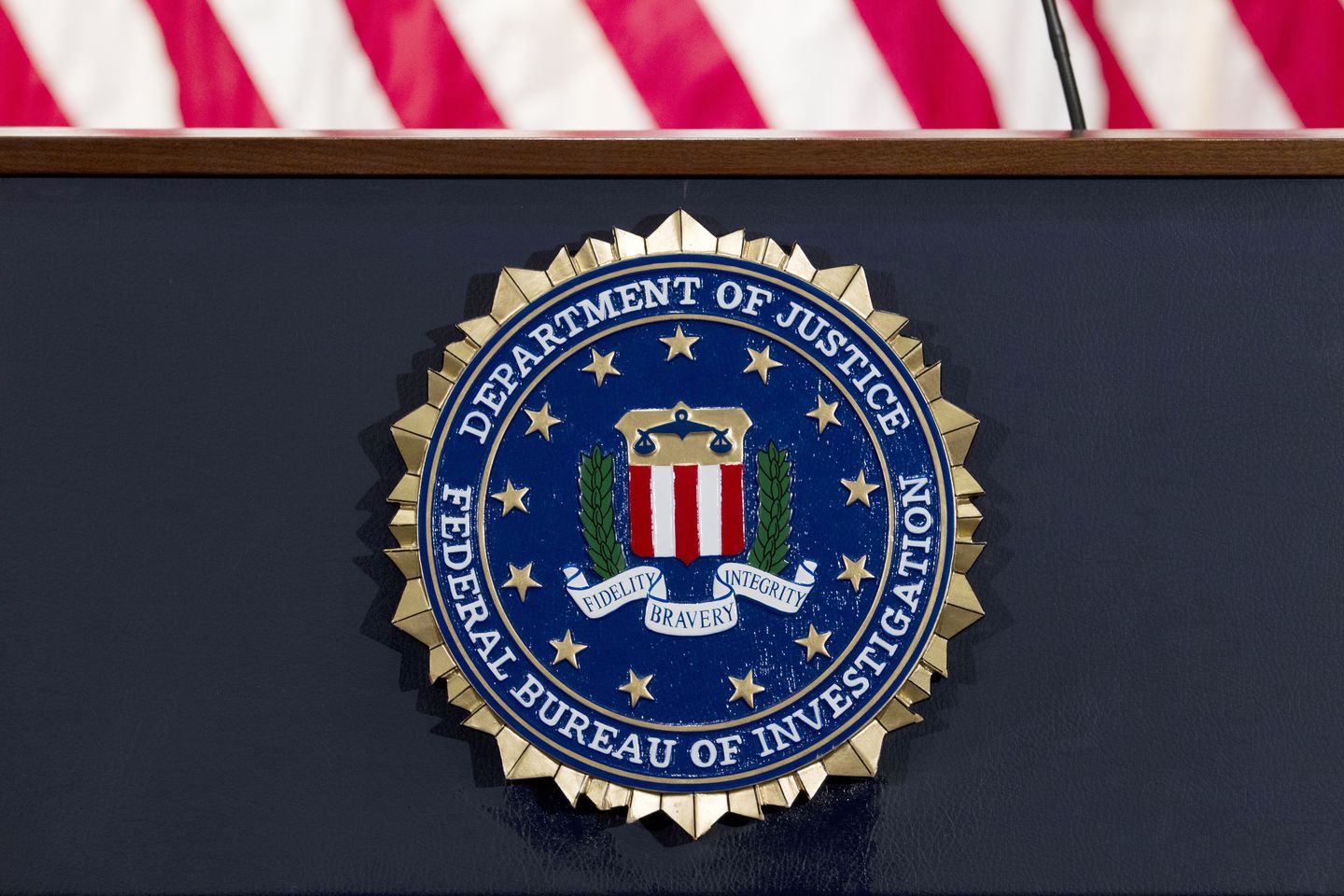
Several FBI whistleblowers who say they suffered retaliation during the Biden administration are close to getting their security clearances reinstated and collecting back pay.
The 10 whistleblowers and their attorneys have been hashing out deals with the Justice Department and FBI to restore their law enforcement credentials and get compensation for the time they spent indefinitely suspended without pay.
FBI Director Kash Patel said last week on social media that “agreements had been reached with ten FBI whistleblowers and their attorneys to include a combination of backpay, security clearance, and reinstatement.”
He added, “We greatly appreciate Donald Trump’s commitment to transparency and accountability. Thank you to Sen. Charles Grassley for working with us to make this happen.”
Sen. Charles E. Grassley, Iowa Republican, has championed the whistleblowers and has helped negotiate the settlements to their retaliation complaints.
A Grassley spokesman told The Washington Times that the agreements are being reviewed and the finalization of the deals is “in the works.”
Among the FBI whistleblowers previously identified as in the process of negotiating settlements are Garret O’Boyle, Stephen Friend, Zachary Shoffstall, Monica Shillingburg and Michael Zummer.
Former FBI staff operations specialist Marcus Allen reached an agreement with the bureau over his 27-month security clearance suspension in June 2024, but the FBI has yet to fully financially compensate Mr. Allen, according to people familiar with his case.
Officials revoked Mr. Allen’s security clearance in May 2023 after he challenged FBI Director Christopher A. Wray’s March 2021 testimony about the presence of undercover federal law enforcement during the Jan. 6, 2021, U.S. Capitol riot.
Mr. Allen said he and his family were financially destroyed by the FBI because he could not gain employment elsewhere or accept charitable contributions.
Mr. O’Boyle was indefinitely suspended without pay following a surprise interview at his new duty station in Virginia in September 2022.
He had just finished a cross-country move with his family, which included a newborn, when his security clearance was suddenly suspended, leaving the family homeless and without income, according to Mr. O’Boyle.
The FBI suspended him without pay after the agency accused him of leaking information to the media. Mr. O’Boyle disputed the allegation.
Several of the whistleblowers are represented by the whistleblower legal defense group Empower Oversight.
In March, Empower Oversight said in a letter to the FBI’s new general counsel, Samuel Ramer, that the agency’s retaliatory actions against their clients “were in reprisal for protected whistle blowing and or improper targeting because of their political beliefs.”
A common theme among the whistleblowers is allegations that the FBI indefinitely postponed the appeal process and put financial pressure on the agents by suspending their pay and blocking their ability to earn a living any other way.
Agents who are suspended are prohibited from taking jobs outside the FBI without resigning, and thereby giving up their appeal.
“Most facing that dilemma simply resign with no prospect of a fair process to challenge it, which allows the pattern to repeat without remedy, in order to avoid any conflicts of interest, prejudice or continued reprisal.”
The Justice Department’s Office of Inspector General issued a memo in May 2024 saying that DOJ policy does not provide adequate whistleblower protections for employees with security clearances.
The OIG’s review found evidence that security clearances had been suspended in retaliation for protected whistleblower action. The OIG also expressed concern that DOJ and FBI policy did not require supervisors to consider alternatives to indefinite, unpaid suspension during a security investigation.
This practice puts financial pressures on employees and can contradict federal law, which states that employees with a retaliation claim should, to the extent practicable, retain their employment status.




![Steak ’n Shake Mocks Cracker Barrel Over Identity-Erasing Rebrand [WATCH]](https://www.right2024.com/wp-content/uploads/2025/08/Steak-n-Shake-Mocks-Cracker-Barrel-Over-Identity-Erasing-Rebrand-WATCH-350x250.jpg)



![Human Trafficking Expert Details Horrific Biden Admin Endangerment of Migrant Kids [WATCH]](https://www.right2024.com/wp-content/uploads/2025/07/Human-Trafficking-Expert-Details-Horrific-Biden-Admin-Endangerment-of-Migrant-350x250.jpg)
![Soros Network, Others Behind LA Riots [WATCH]](https://www.right2024.com/wp-content/uploads/2025/06/Soros-Network-Others-Behind-LA-Riots-WATCH-350x250.jpg)






